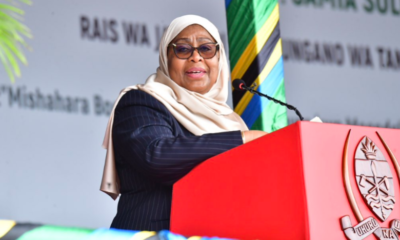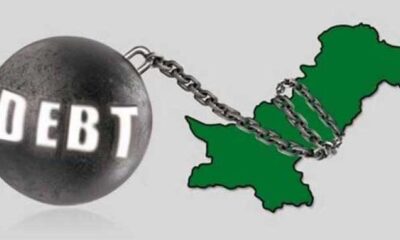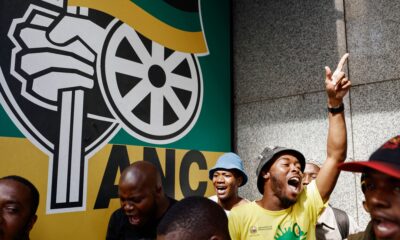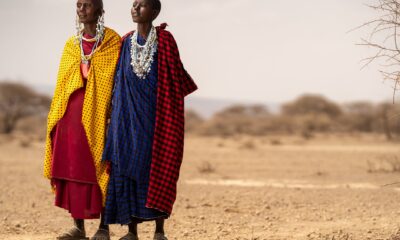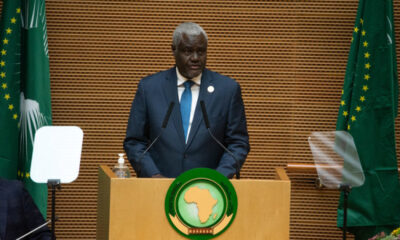Two unrelated developmental issues jolted me into reality a little over a week ago, March 22, to be precise. One of the events had a continental flavour to it, and the other touched on Nigeria’s deepening paradox of rich country, poor people.
Both issues had been of particular interest to me, as I had, over the years, developed a keen eye for subjects relating to changing patterns in Human Development Index (HDI).
It had been a long season of trying to catch some rest after months of poring through loads of documents in pursuit of venture opportunities. But it was also a tough call to completely resist the urge of rummaging the economic space in search of fresh developments.
So, here I was, on March 22, making the most of a new World Bank report titled, ‘A Better Future for All Nigerians: Nigeria Poverty Assessment 2022,’ which had just been released. The bank said that its findings had been the product of a two-year engagement on relevant data and analytics relating to poverty and inequality generated by Nigeria’s National Bureau of Statistics (NBS).
According to the report, as many as 4 in 10 Nigerians live below the national poverty line. It added that just 17 percent of Nigerian workers held the wage jobs best able to lift people out of poverty.
Indeed, the NBS in 2020 had reported that 40% or 83 million Nigerians lived in poverty while projecting that that the number of poor people would increase to 90 million, or 45% of the population, in 2022.
Now, the huge shame is that Nigeria has proved analysts right by maintaining its position as the poverty capital of the world, with 93.9 million of Africa’s most populous country currently living below the poverty line.
Every patriotic Nigerian must be genuinely concerned at this unenviable badge that has continued to portray our country as a bad example in leadership. Not even a promise by the Muhammadu Buhari-led administration to lift 100 million Nigerians out of poverty in ten years has brought some succour.
In fact, the picture is looking even more gloomy with Nigeria’s unemployment rate said to have risen to 35 percent in 2021, according to a report by credit rating agencies. Earlier in 2019, the estimated youth unemployment rate in Nigeria was put at almost 17.69 percent, just about half of the total population of the unemployed.
The bulging figures are not helped by latest data which have partly linked unemployment in Nigeria to the growing phenomenon of school graduates with no matching job opportunities.
The paradox of our existence is that while Nigeria remains celebrated for its natural endowments and human capital, a reality check has shown that inept leadership and corruption are the major reasons why poverty is at such a high rate in the country.
A journey in time clearly shows that our country’s bad run with poor leadership has its foundation in the enthronement of mediocrity, and primordial sentiments above excellence.
The anomaly has seen rational economic decisions supplanted for unrewarding political initiatives that yield little good to the larger society.
A radical departure from this dysfunctional system has become a national emergency or the country would hasten its steps towards a failed state. One way to avoid this pitfall is to build a culture of excellence, as exemplified in the global successes recorded by Nigerian youths who have seized the fintech space by storm.
In the other news, Dakar, Senegal, also took centre-stage as the world gathered to mark the 9th World Water Forum. Reports had noted that it was the first time the forum, the largest international water-related event, would be held in sub-Saharan Africa.
Organizers said the meeting would seek to identify, promote and implement concrete responses and actions for water and sanitation in an integrated way. The event which is in its 29th year has as its 2022 theme, ‘Groundwater, making the invisible visible.’
But this appears to be where the cheery news stops. A source of concern is the troubling stats which put the number of people living without access to safe water at 2.2 billion globally. Sadly, available records suggest that half of the people who drink water from unsafe sources live in Africa.
Indeed, in Sub-Saharan Africa, only 24% of the population have access to safe drinking water, and 28% have basic sanitation facilities that are not shared with other households. Any surprise then that open defecation and life expectancy remain embarrassing issues in most parts of Africa?
Beyond the fanfare in Dakar, African leaders must, therefore, take responsibility and be deliberate in their quest to reinvent their societies for sustainable development.
Let it be said that unless the sad tale of Africa’s underdevelopment is systematically reversed, its cohort of visionless leaders would have to brace for upheavals that may set their economies back into the dark ages.

 Sports1 day ago
Sports1 day ago
 Metro2 days ago
Metro2 days ago
 Tech2 days ago
Tech2 days ago
 Metro16 hours ago
Metro16 hours ago

